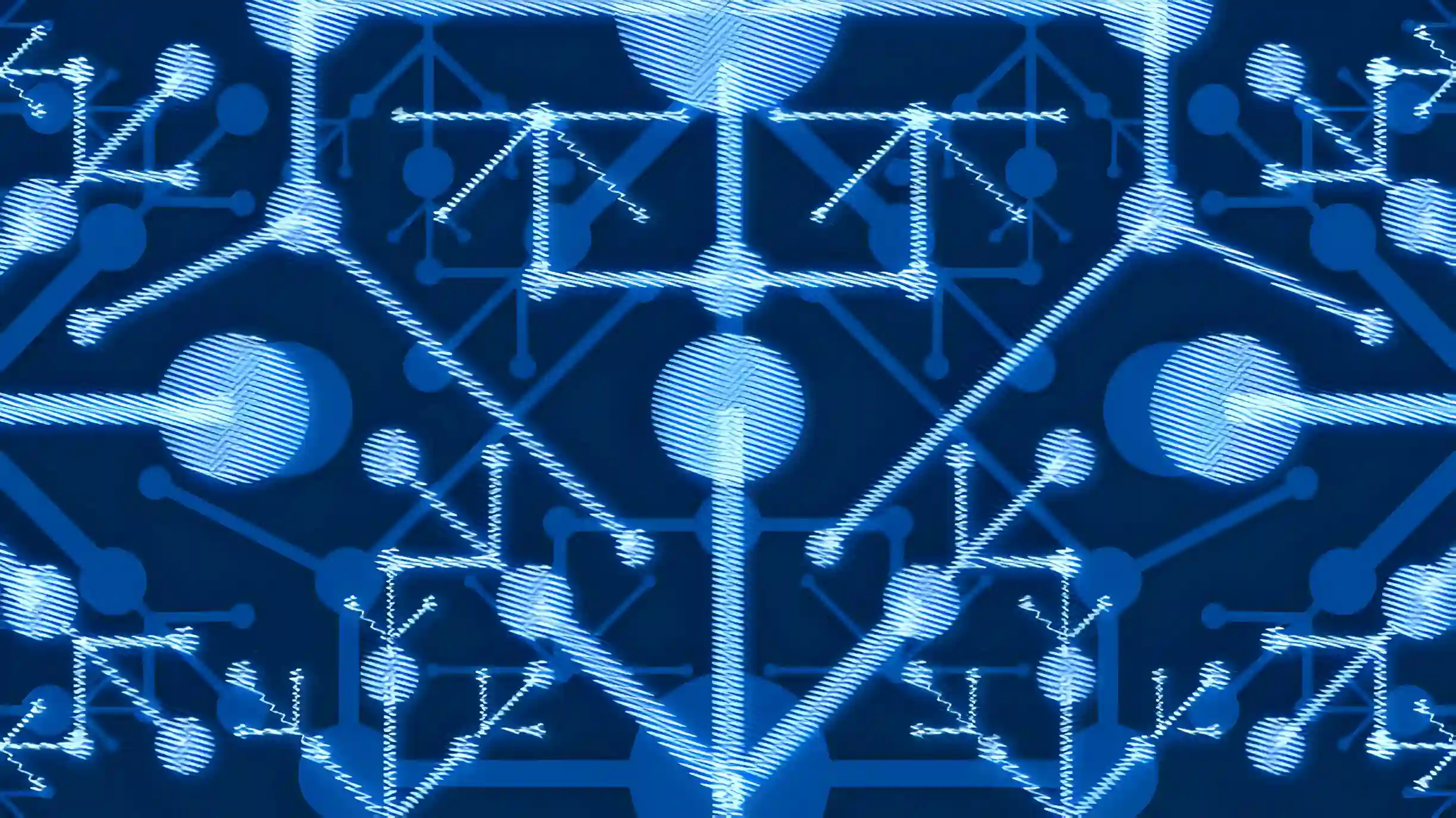Electrodynamics is a branch of physics that deals with the study of electric charges in motion and their interaction with magnetic and electric fields. Specializing in electrodynamics can open up various opportunities in research, engineering, and technology. Here’s a breakdown of key topics and skills you might consider when pursuing a specialization in electrodynamics:
1. Classical Electrodynamics:
- Maxwell’s Equations: Understanding and solving Maxwell’s equations is fundamental. This includes the study of Gauss’s law for electric and magnetic fields, Faraday’s law, and Ampère’s law.
- Electrostatics and Magnetostatics: In-depth knowledge of static electric and magnetic fields, including the calculation of potentials, forces, and energy.
2. Electromagnetic Waves:
- Wave Equations: Studying the derivation and properties of electromagnetic wave equations, including the speed of light in a vacuum.
- Propagation and Reflection: Understanding how electromagnetic waves propagate through different media, as well as their reflection, refraction, and transmission.
3. Antennas and Transmission Lines:
- Antenna Design: Learning the principles behind the design of antennas for various applications, such as communication systems.
- Transmission Lines: Understanding the behavior of signals on transmission lines, including impedance matching and signal integrity.
4. Electrodynamics in Materials:
- Dielectric and Magnetic Materials: Studying the behavior of materials in electric and magnetic fields, including polarization, magnetization, and how materials respond to different frequencies.
5. Advanced Topics:
- Plasma Physics: Delving into the study of plasmas and their behavior in electromagnetic fields.
- Quantum Electrodynamics (QED): Understanding the quantum aspects of electromagnetic interactions.
6. Computational Electrodynamics:
- Numerical Methods: Developing skills in using numerical methods and simulation tools to solve complex electromagnetic problems.
- Computational Modeling: Applying computational techniques to model and analyze electromagnetic systems.
7. Applications:
- Microwave Engineering: Applying electrodynamics principles to design and analyze microwave devices and systems.
- Electromagnetic Compatibility (EMC): Ensuring that electronic systems can operate in close proximity without interference.
8. Experimental Electrodynamics:
- Laboratory Techniques: Gaining hands-on experience with experimental setups to validate theoretical concepts.
- Instrumentation: Understanding and using various instruments for measuring electric and magnetic fields.
9. Research and Publications:
- Stay Updated: Keeping abreast of the latest research in electrodynamics through journals, conferences, and publications.
- Contribute to the Field: Engaging in research projects and contributing to the scientific community.
10. Interdisciplinary Knowledge:
- Connections with Other Fields: Understanding how electrodynamics interfaces with other disciplines like quantum mechanics, relativity, and condensed matter physics.
Remember, the field is broad, and you might want to tailor your specialization based on your interests and career goals. Whether you’re interested in theoretical aspects, practical applications, or a combination of both, a strong foundation in electrodynamics will serve as an excellent platform for a rewarding career in physics, engineering, or related fields.
